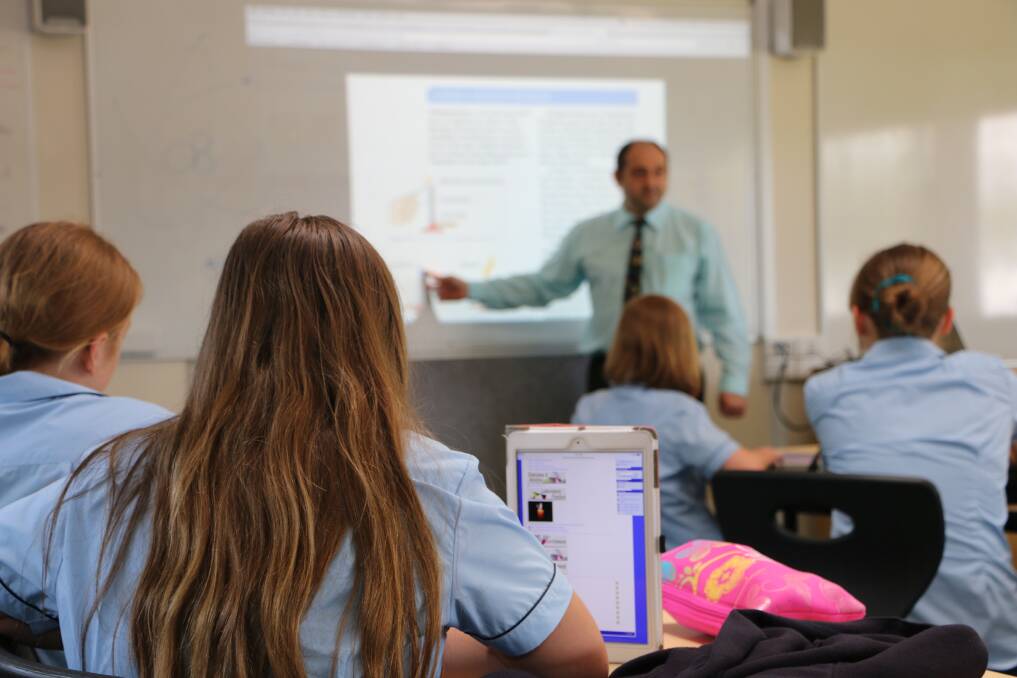
THE region’s teachers have negotiated a pay rise with no loss of working conditions – which the teachers’ union is calling a significant win for education.
Subscribe now for unlimited access.
or signup to continue reading
From 2017, NSW teachers will get a 2.5 per cent salary increase for three years after voting in favour of the new award conditions offered by the Department of Education at an hour-long stop-work meeting on Thursday morning.
NSW Teachers Federation New England and North West organiser Susan Armstead said the 2.5 per cent rise represented the maximum increase teachers could get, but it failed to take into account the increased demands being placed on teachers.
It was however, an excellent outcome, she said.
“A max salary cap increase with no trade off in working conditions is a win – it’s a significant win for any union in this day and age,” Ms Armstead told Fairfax Media.
“The offer teachers have voted on today delivers real salary increases, locked in and secured for three years, and the preservation of all working conditions.”
Ms Armstead emphasised the importance of retaining all the current working conditions.
“Our working conditions are the learning conditions of students,” she said.
“There is a critical link between working conditions and learning conditions.”
Ms Armstead said the win was particularly significant given the recent debate and commentary about the quality of the nation’s education system.
A recent global report on educational performance by the Programme for International Student Assessment (PISA) showed Australian students are getting worse at maths, science and reading.
“If we want the best and brightest to take up a career in teaching, then the salary really does make a difference,” Ms Armstead said.
“It’s a simple equation – you have to look at the salary of teachers.”
She said despite the award negotiation win, the union’s work wasn’t done.
“The Teachers Federation will be campaigning to fight back against the loss of Department support for schools that has adversely impacted on the work of principals and teachers that has happened under a policy called Local Schools, Local Decisions,” she said. “There is something seriously wrong with a Department that employs more statisticians than curriculum support offers, where data collecting is a higher priority than teaching and learning.”


